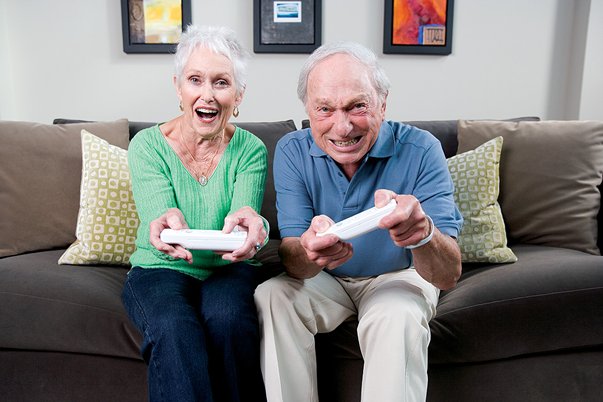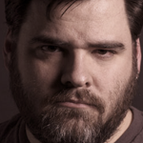The death of hardcore gaming?
Wii is taking over. Casual games have conquered the web. Is hardcore gaming dead? We grill industry insiders to find out
Aug 30, 2007
Hardcore gamers, you're a dying breed. Casual games are blowing up, and it seems like everyone wants in on the action. It's easy to see why: from free-to-play web-based games like Bejeweled to the Wii minigame collections clogging retail shelves, the genre commands an audience more than 150 million strong, according to a report by theCasual Games Association. But the industry-wide push to turn grandmas into gamers has raised a worrisome question: as more and more companies shift their attention to these seemingly innocuous games, will more traditional, hardcore experiences fall by the wayside?
Let's step back for a second. Casual games - usually defined as simple games that are easy to get into and relatively inexpensive to make - have been with us for a long, long time. For years now, their biggest audience has been on PCs, where downloadable games like Diner Dash and Cake Mania entertain a mostly older, female demographic more interested in killing time than in killing monsters. With the advent of the Wii and successful game-download services on the 360 and PS3, however, we've seen an explosion in the amount of attention paid toward the genre - as well as a trickle of publishers abandoning more complex games in favor of lower-cost, higher-profit projects on the Wii and DS.
"Shifting development to cheaper, simpler games is a smart one, given the state of the industry," said Ryan Payton, assistant producer at Metal Gear Solid developer Kojima Productions, in an e-mail interview. "The state of next-gen gaming really isn't all that great," Payton said, adding that "it's too expensive, it lacks a Trojan horse like PS2 enjoyed with its DVD playback capabilities, and Japan has been curiously late to this next-gen party."

Above: Is this the new face of gaming? There are a lot more of them than there are of you...
Payton, who lives and works in Japan, said he's seen an "undeniable sea change" in Japanese development over the past two years, as the Nintendo DS has become the country's fastest-selling system. "The days of massive, 150-member-strong development teams making $20 million epics seem to be over, or at least in recession," Payton said. Instead, more Japanese studios are shifting gears toward "less ambitious" projects, which Payton said means "fewer reasons to get excited if you're a hardcore gamer, but these low risk-big profit ventures make sense in the current market."
Weekly digests, tales from the communities you love, and more
The issue isn't limited to Japanese developers, either. David Jaffe, designer of God of War and the Twisted Metal series, recently (and famously) left Sony in order to pursue smaller-scale, more casual projects with his own company, Eat Sleep Play. Hardcore gamers, he said, are "justified in feeling that they will get less of the kind of games that they like. Absolutely 100 percent, that's already happening."
"Do I think that games like Assassin's Creed and Gears of War and Uncharted and God of War are gonna go away? No, absolutely not," said Jaffe in a phone interview. "I just think you're gonna see fewer of them."



